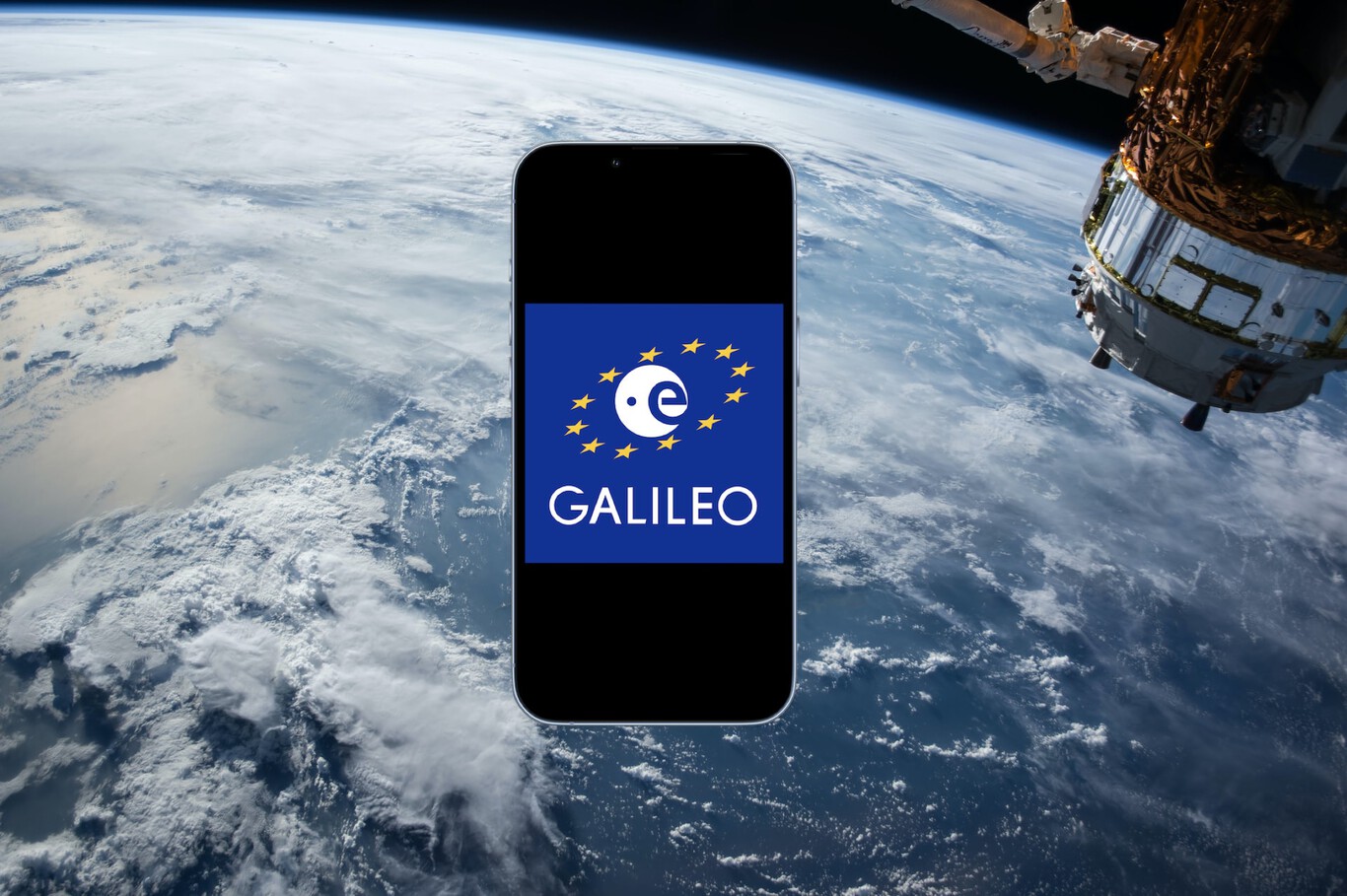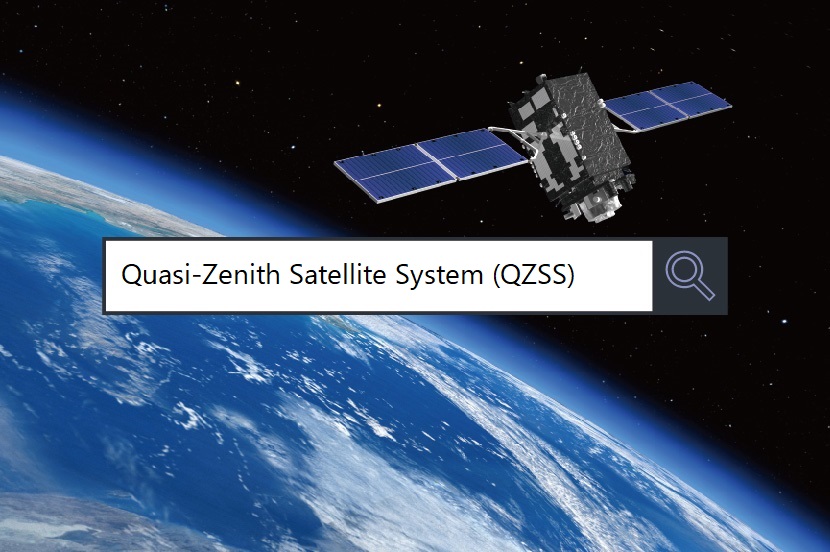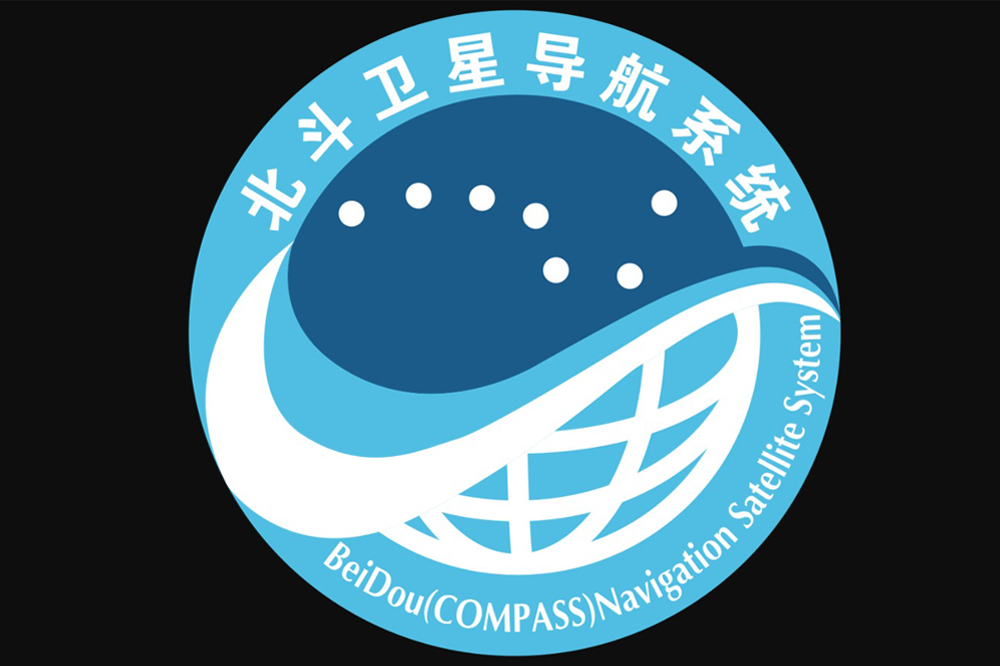
Do you know The Best 5 GPS Extras For Future Navigation in 2023? This essay will discuss GPS Alternatives for Future Generation Navigation. The Global Positioning System (GPS) has effectively become the de facto standard and is synonymous with it (GNSS). The situation is exacerbated by GPS, the oldest navigation system.
The US Military initiated it in 1978. However, there are other navigation systems, such as GLONASS, BeiDou, Galileo, Quasi-Zenith, and India’s recently launched NavIC. As a result, in this piece, we will carefully explore and compare all of the GPS alternatives. We’ve discussed coverage, orbital height, precision, and a variety of other aspects of a satellite navigation system.
In this article, you can know about GPS Alternatives For Next Generation Navigation here are the details below;
Read More: Xopero Software Partners with Wasabi to Deliver Immutable Backup and Recovery on Cloud Storage
1. Galileo

While most large nations already had satellite navigation systems, the European Union chose to develop its own GNSS. They began working on the project in 2005, and the Galileo constellation went active in 2016. Galileo, like GLONASS and GPS, is a global navigation satellite system. At the moment, the constellation consists of 22 operational satellites orbiting the Earth.
The EU hopes to double the number of satellites to 30 by the end of this year. Although the functioning processes of Galileo and GPS are almost identical, Galileo has a somewhat higher height. However, in recent years, Galileo has had several challenges with Atomic clocks and inadequate communications. Galileo is another global navigation satellite system that will continue to improve until it achieves Full Operational Capability (FOC) in 2020. After that, it will be a reliable substitute for GPS.
2. GLONASS
GLONASS is the only satellite navigation system that comes close to GPS in terms of coverage and precision. Russia built and manages the system, which has been in operation since 1995. In comparison to GPS’s 31 satellites, GLONASS has 24 satellites. A global navigation satellite system requires more than 20 satellites to function, and Russia has maintained the constellation since 2010.
Except that GLONASS and GPS have about the same orbital height and period, so they are similar in some ways. GLONASS has a position precision of 5-10 metres, which is equivalent to GPS’s precision of 4-7 metres. Using local cellular triangulation, of course, increases the position greatly. In terms of capabilities, GLONASS, a Russian satellite navigation system, is second only to GPS.
3. Quasi-Zenith

The Quasi-Zenith Satellite System (QZSS) is a Japanese regional satellite navigation system that is very similar to India’s NavIC. QZSS is a four-satellite constellation that is also known as Michibiki in Japanese. Japan launched the effort in 2010 and made the service public in 2018.
Like GPS, Quasi-Zenith seeks to deliver exceptionally accurate and dependable locating services in Japan and chosen portions of the Asia-Oceania region. Although Japan’s satellite navigation system has grown slowly, the country has pledged to launching seven more satellites by 2023.
Furthermore, QZSS follows the same precept of ‘direct line of sight at all times’ as NavIC and is in sync with Japan’s coordinates. It has placed its satellites in both geosynchronous and geostationary orbits to ensure that at least one of them is always visible over Japan. As a result, while Japan’s QZSS lags considerably behind the US’ GPS, it shows a lot of promise, and we expect it to expand further in the near future.
4. NavIC
NavIC is a brand-new satellite navigation system, yet it already shows great promise. In case you were unaware, India created the NavIC satellite navigation system exclusively for its region and its neighbours. Nevertheless, unlike GPS, which is a global navigation satellite system, NavIC is a localised navigation satellite system.
It essentially means that, although NavIC primarily serves India and sections of its neighbouring countries, GPS covers the entire globe for geographical positioning. Having said that, NavIC is more accurate than GPS, at least in India, due to the continual line-of-sight closeness of the NavIC satellites to the country. Finally, NavIC is an Indian autonomous satellite navigation system that appears to be superior to GPS. It’s also excellent that India plans to launch at least five more satellites in the future years.
Read More: The 5 Information Systems Software for Windows
5. BeiDou

BeiDou is a global navigation satellite system comparable to GPS that is operated by China. The initiative began in 2000 with the goal of developing a GPS alternative for its users. Nevertheless, because there were only two satellites, coverage was extremely limited, and precision was off the mark. In 2012 and 2015, China launched 10 and 15 satellites into Earth’s orbit, respectively, increasing the constellation.
China has launched seven more satellites since 2015, bringing the total number of active satellites in the constellation to 33. As a result, in terms of coverage, BeiDou and US GPS are practically comparable. Aside from that, the accuracy is reported to be 3-5 metres, which is exceptional, and it can even give 10cm of location precision, although it is prohibited for military use. All I can say is that BeiDou is as good as GPS and a possible replacement for GPS.
The Best GPS Alternatives systems
Each of these five GPS alternatives was developed by Russia, India, China, the European Union, and Japan. As previously said, only a few countries have spent in establishing their own satellite navigation systems, mostly for independence during aerial raids, submarine engagements, and land battles. Another issue to keep in mind is that clients are not permitted to choose which GNSS system to use.











